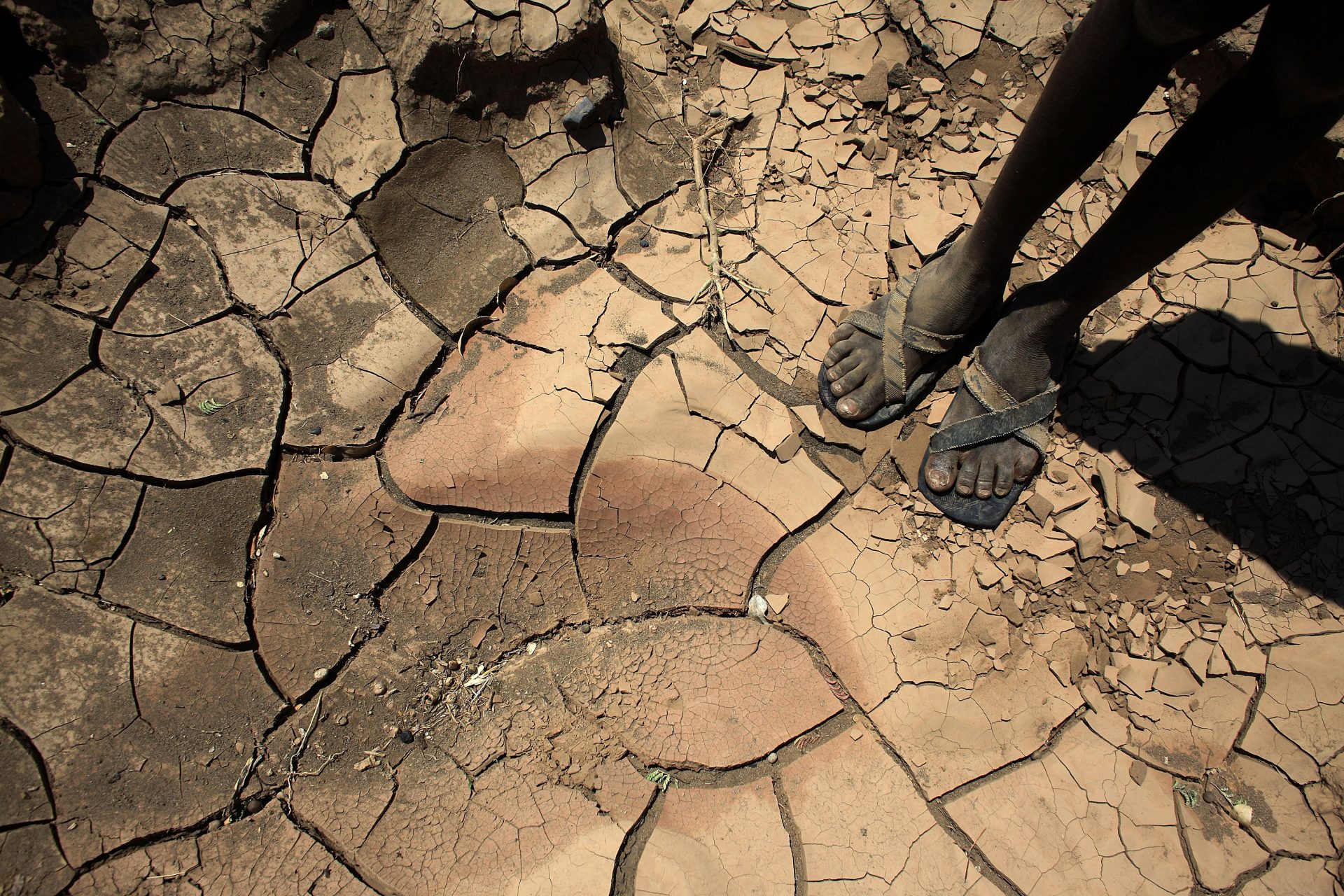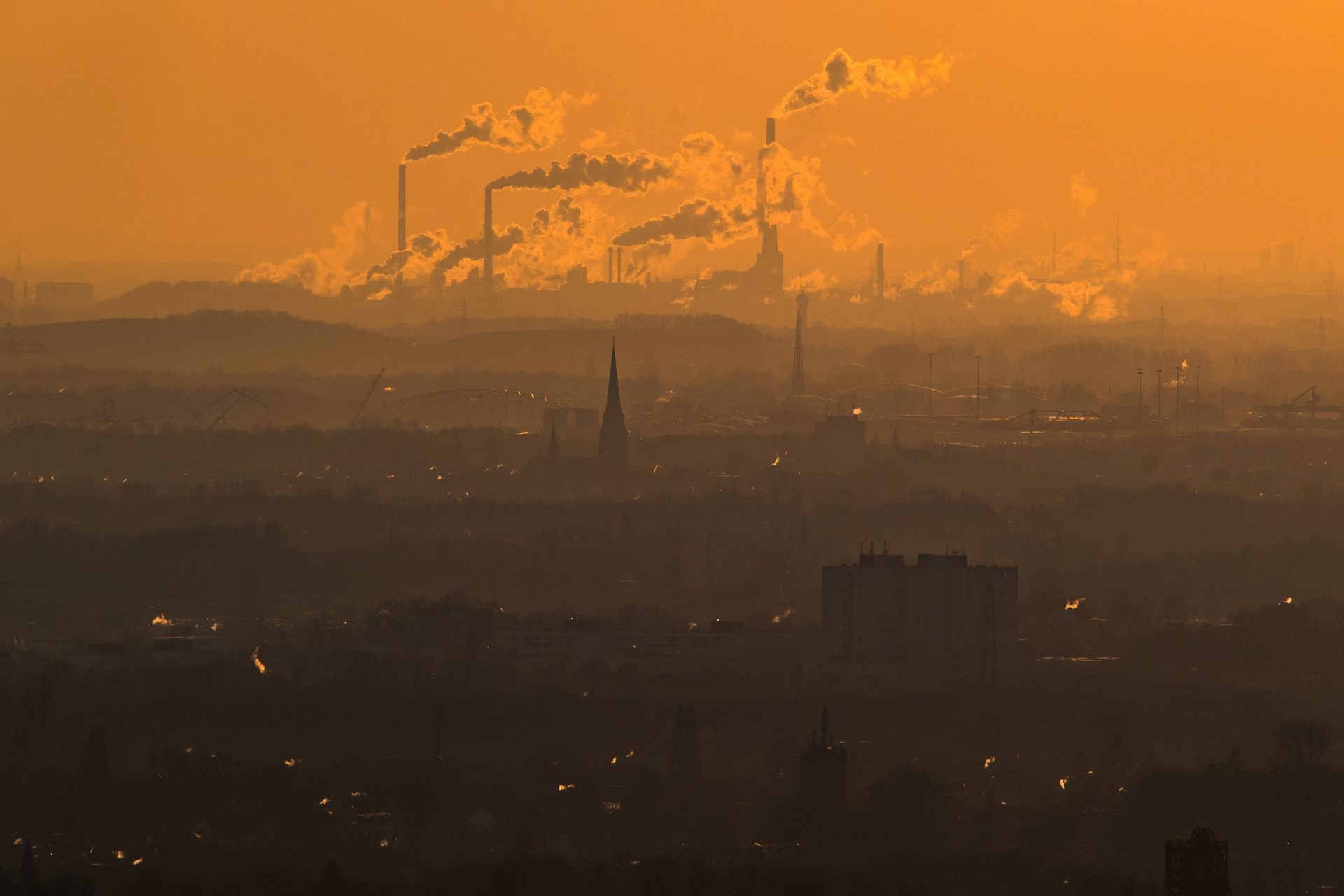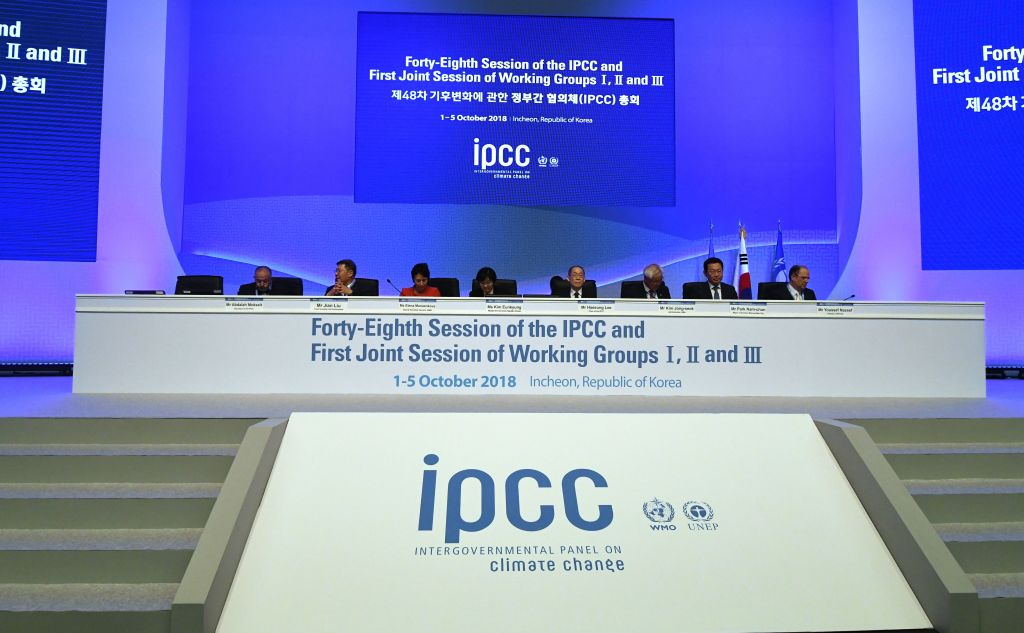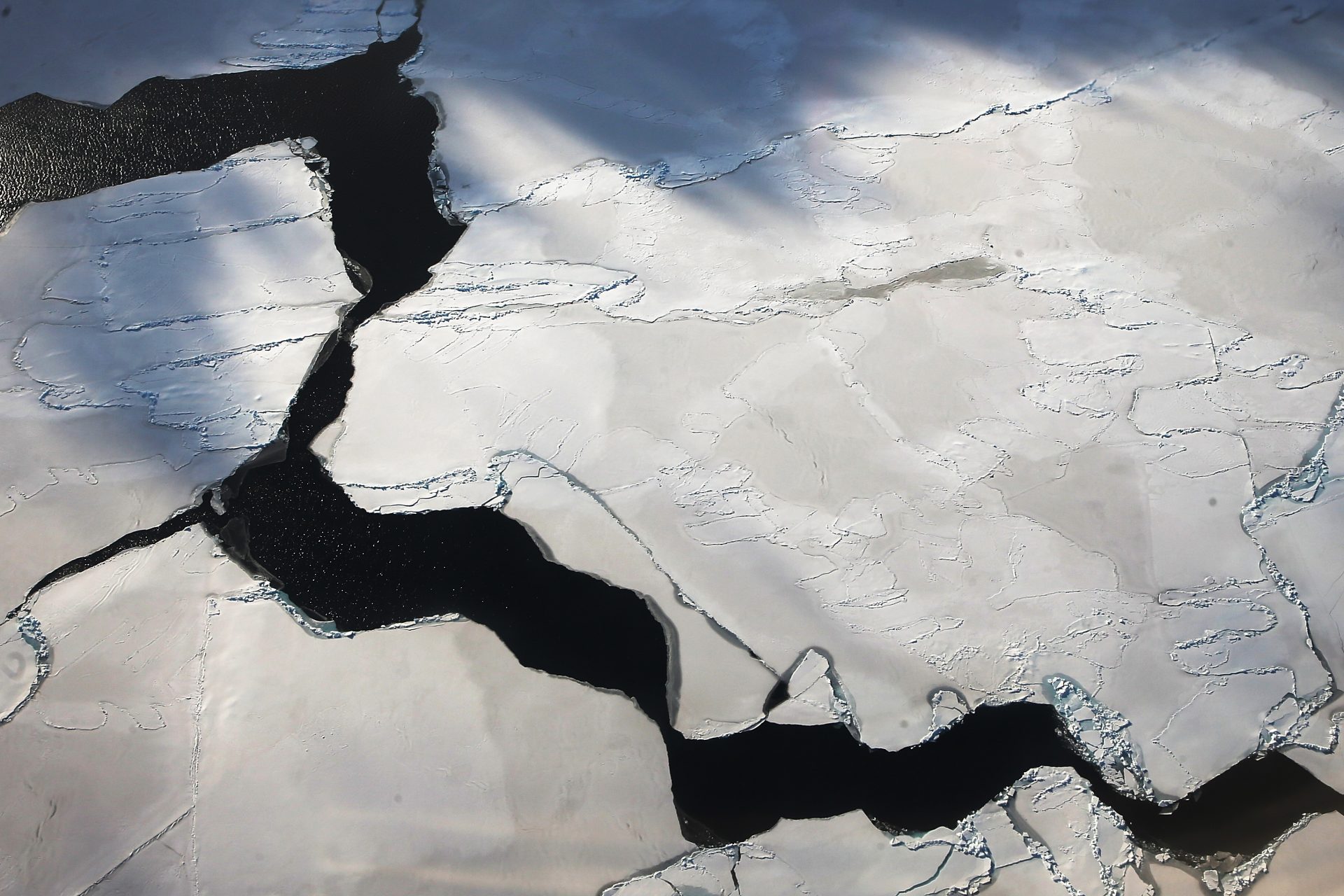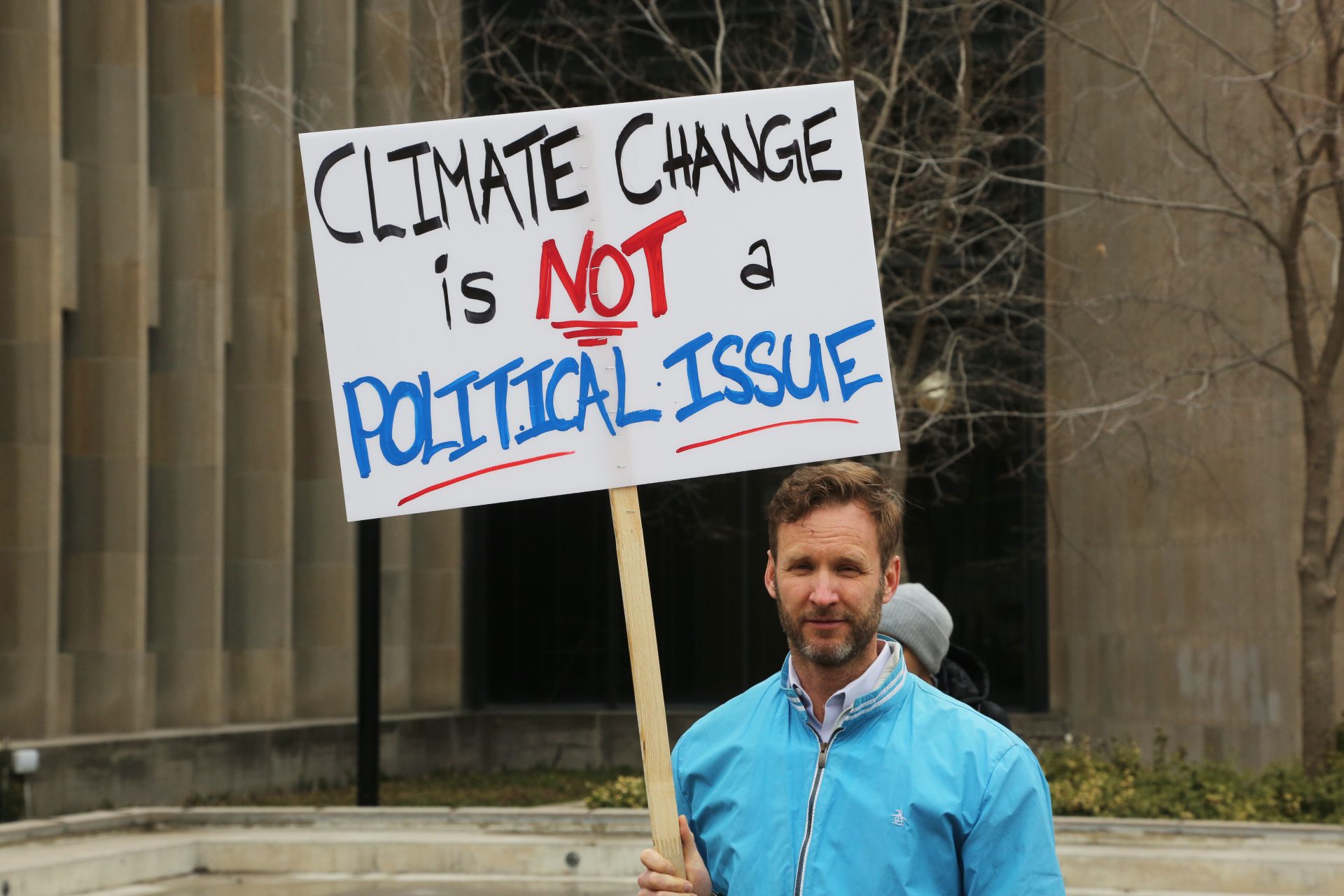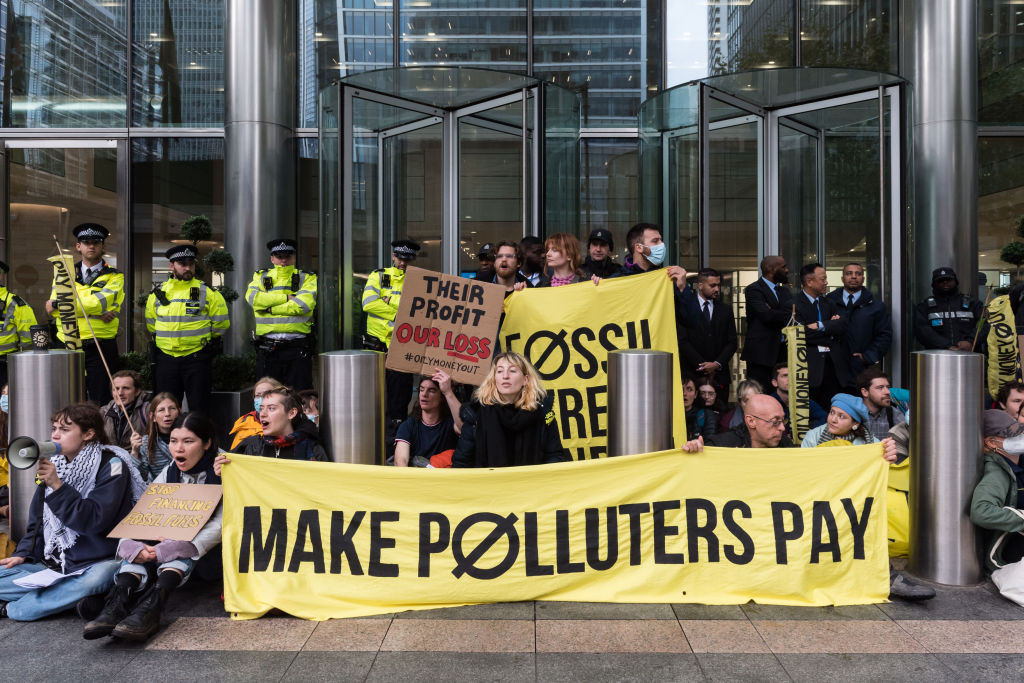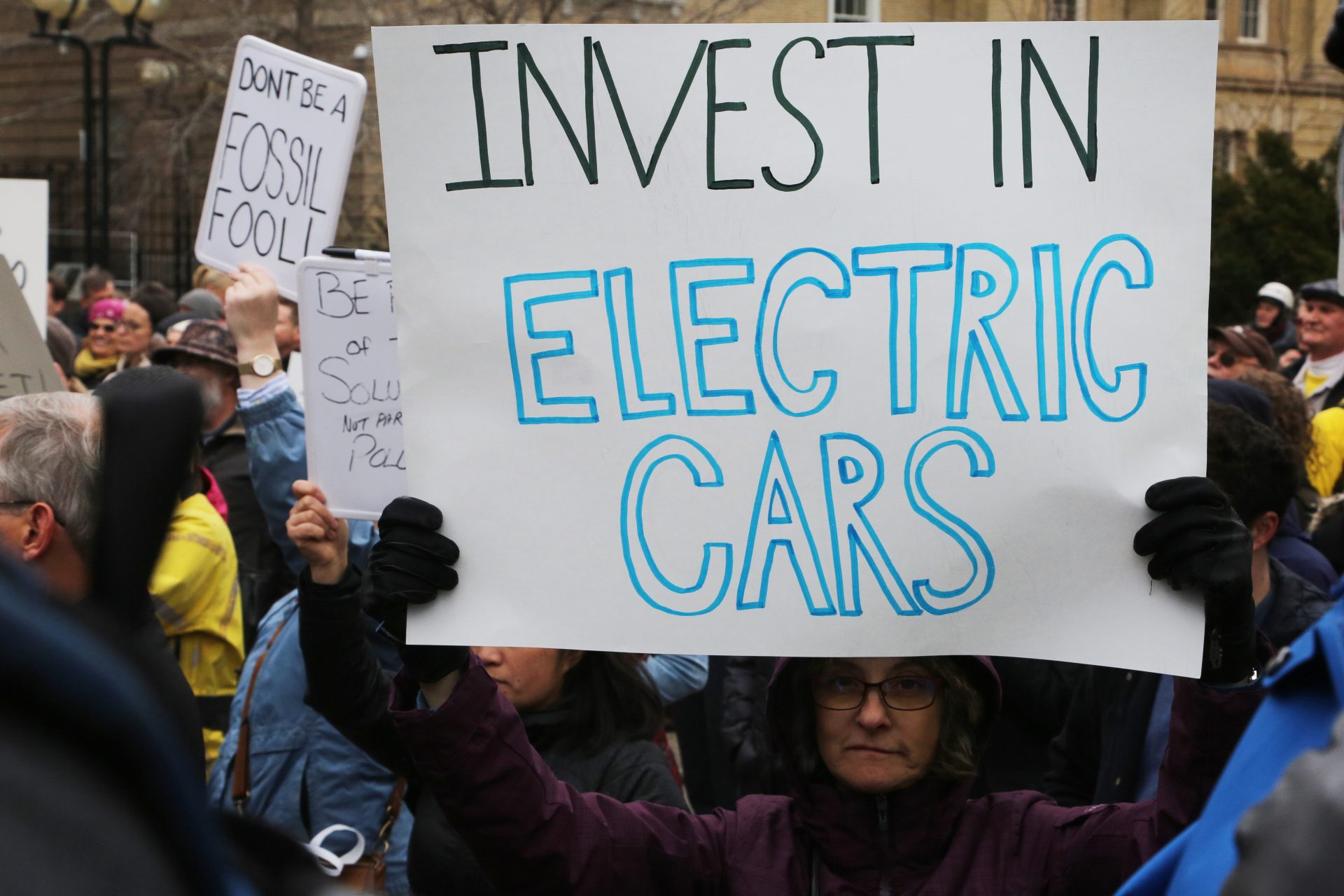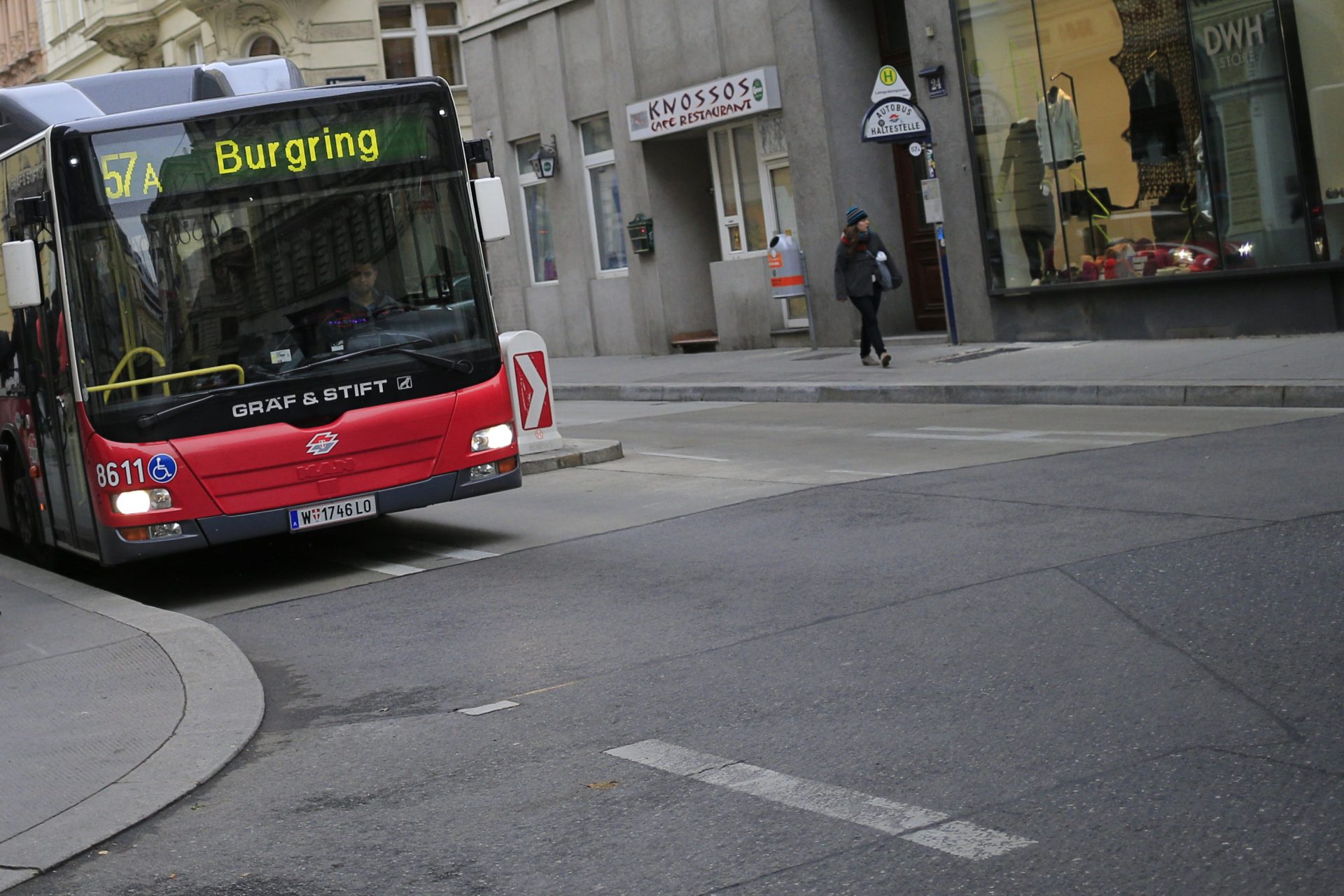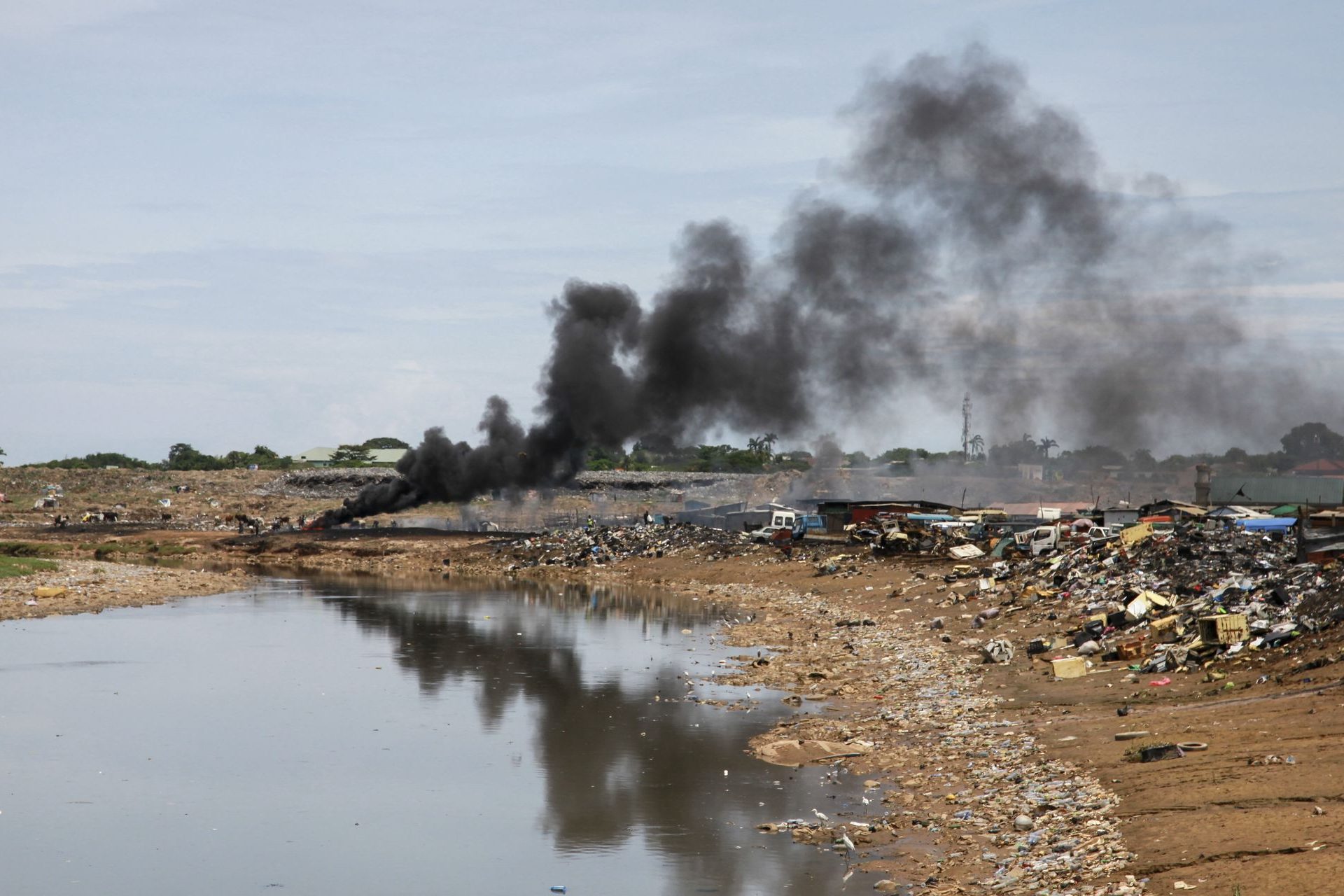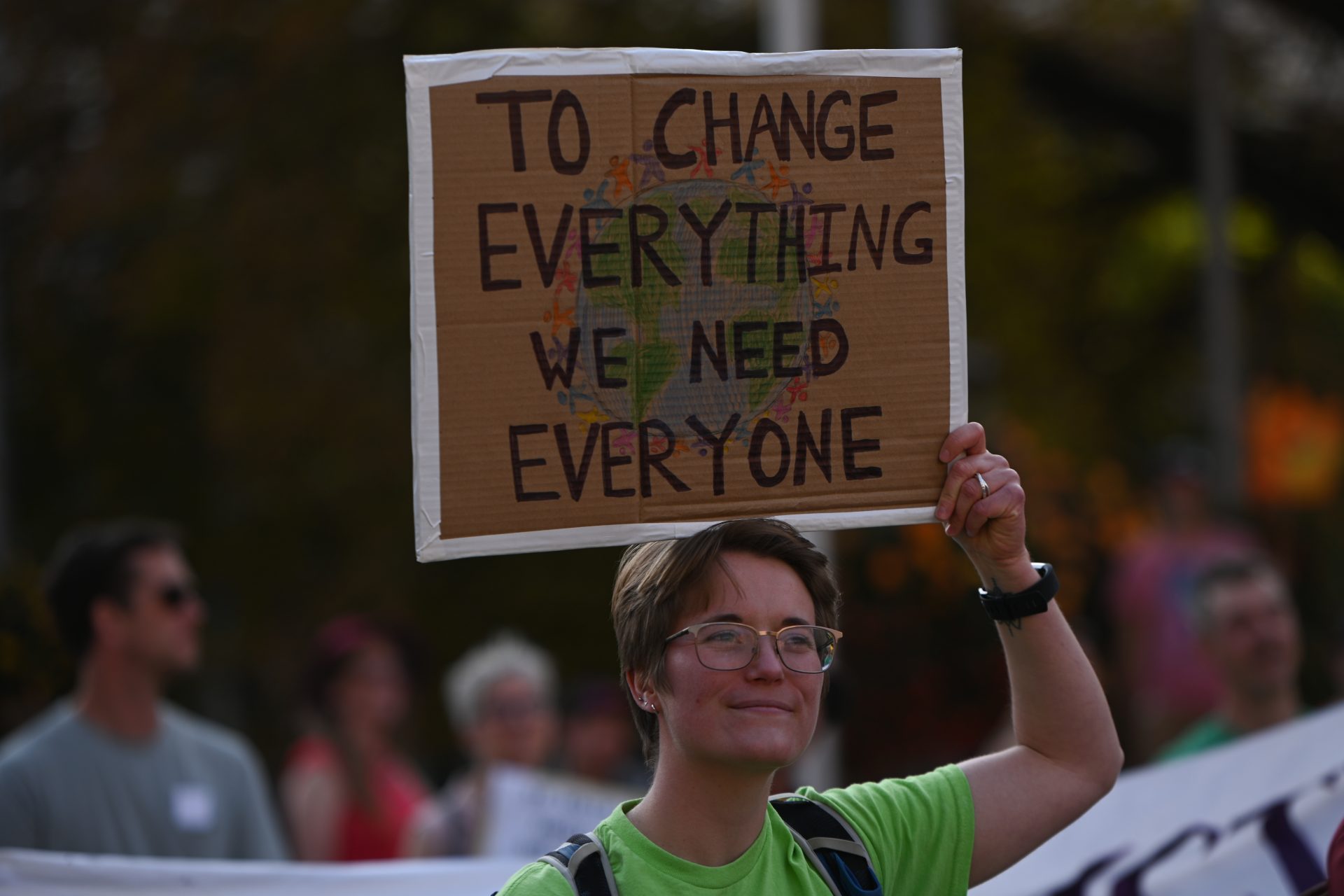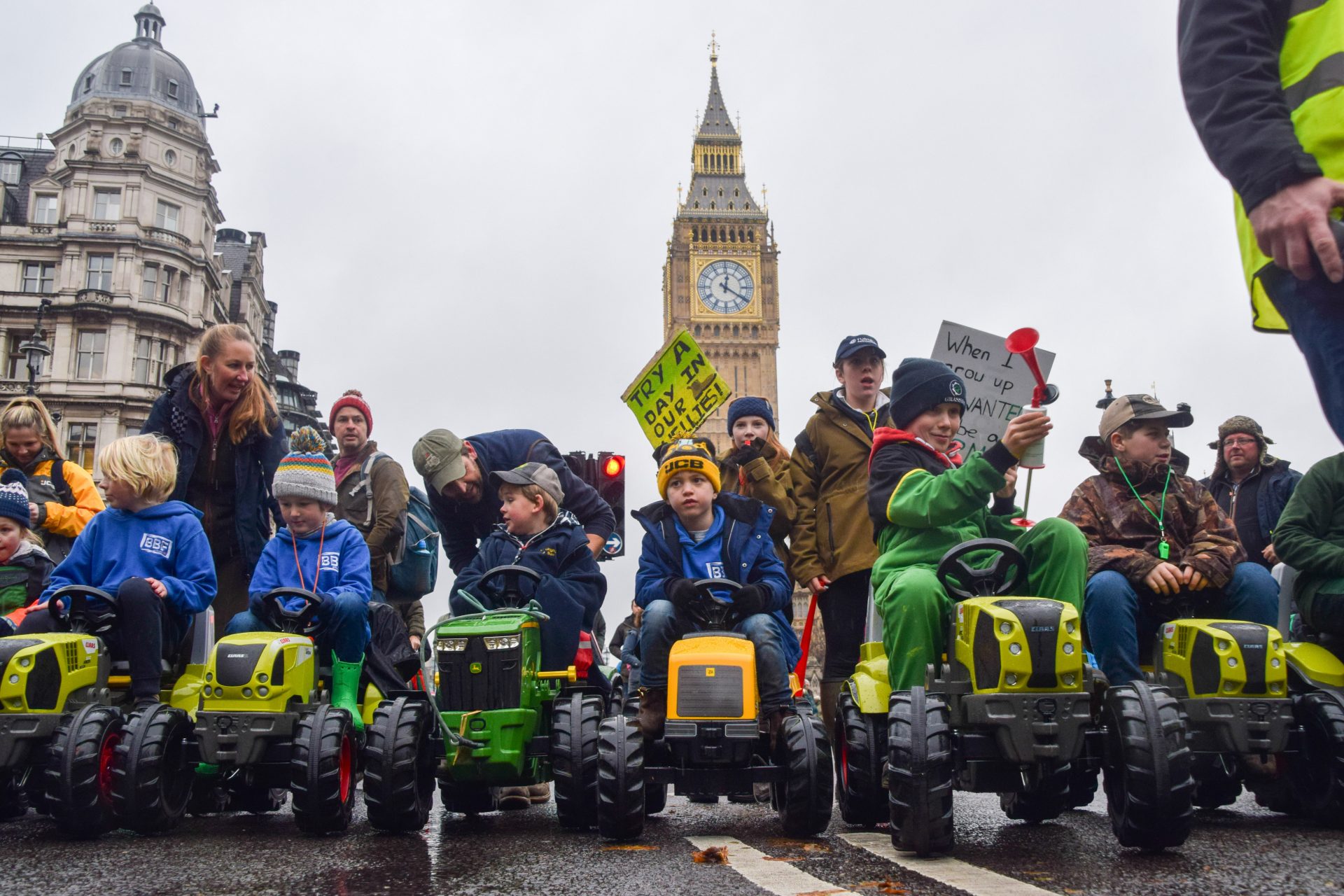Can individual actions help save the planet?
Scientists are warning humanity every year about climate change. We are running out of time to reach our carbon reduction goals, and wondering what to do is normal.
Individuals can hardly be made responsible for the climate disaster since 76% of yearly emissions, as ClimateScience explains, come from the energy industry and fossil fuels.
The same happens with historic emissions. According to CBC, a 2017 report showed that 100 companies were responsible for over 70% of human carbon emissions between 1988 and 2015.
The UN Panel on Climate Change said in its 2023 report that almost all critical actions must come from governments, starting with cutting public funds to oil companies.
Another crucial action will be increasing investment in renewable energies, which is also in the hands of governments and the energy industries.
Despite the warnings, countries plan to extract double the amount of fossil fuels than what would be consistent with the climate change goals, CBC explains.
It is safe to say that most responsibility lies with governments and corporations. However, experts cited by CBC say it is too late to avoid individual faults, and every change is necessary.
Some climate change experts and activists worry that shifting the conversation towards individual actions can distract the public from the real culprits.
Still, that does not mean that individual actions cannot effect change. There is still hope for regular citizens to help save the future.
Individuals can also pressure their policymakers to push for the changes scientists say are necessary to reduce emissions and meet our goals.
That option tops a list of nine actions individuals can take to fight climate change. The Imperial College London curated the list.
Imperial College says raising your voice can immediately affect your community's quality of life. It can improve air quality and public health, create jobs, and reduce inequality.
The second action with the most significant impact would be reducing your meat and dairy consumption. Vegans reduce their carbon footprint by over 50%.
However, it is not necessary to go vegan. You can reduce over 25% of your yearly emissions by reducing the meat and dairy you consume weekly.
In third place, Imperial College recommends flying less. If you are traveling nationally, explore other options. Try video conferencing instead of traveling for business.
The same goes for cars. Use your car as little as possible: Try public transportation or carpooling if that is not an option in your area.
Actions to save energy and water, like washing fewer clothes and turning off the light or making your home energy-efficient to use less power and, therefore, less oil, are also helpful.
Individuals can also respect and protect green spaces, invest responsibly, avoid oil companies in retirement plans, and cut waste and consumption.
Most of all, individuals can promote change among their family and friends, echoing actions and making them more impactful, especially by pressuring lawmakers and raising their voices.
It is also essential to be aware of your position worldwide. According to Our World in Data, the average person in high-income countries emits more than 30 times as much as those in low-income countries.
So, despite the most significant part of the responsibility falling in the hands of governments and corporations, no one can escape the sacrifices necessary to curve down climate change.
More for you
Top Stories



